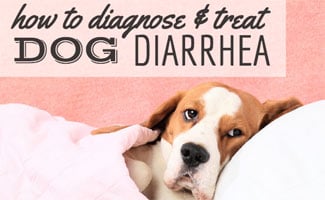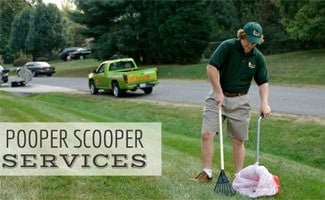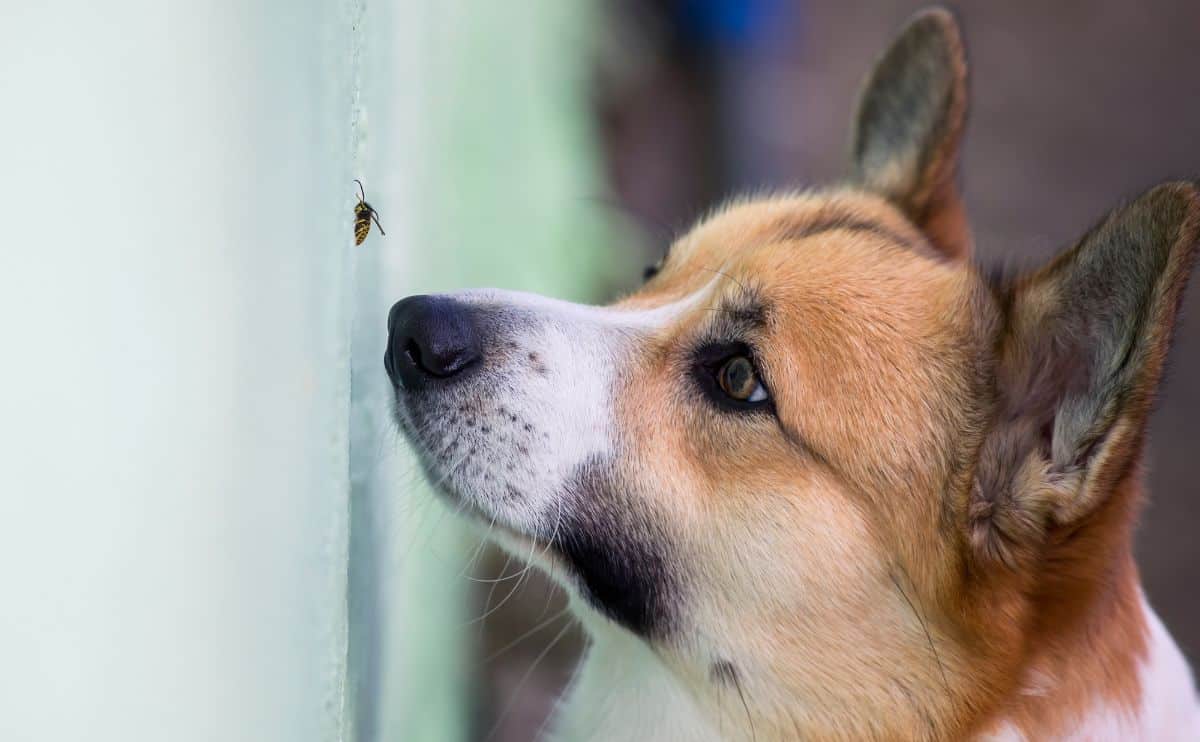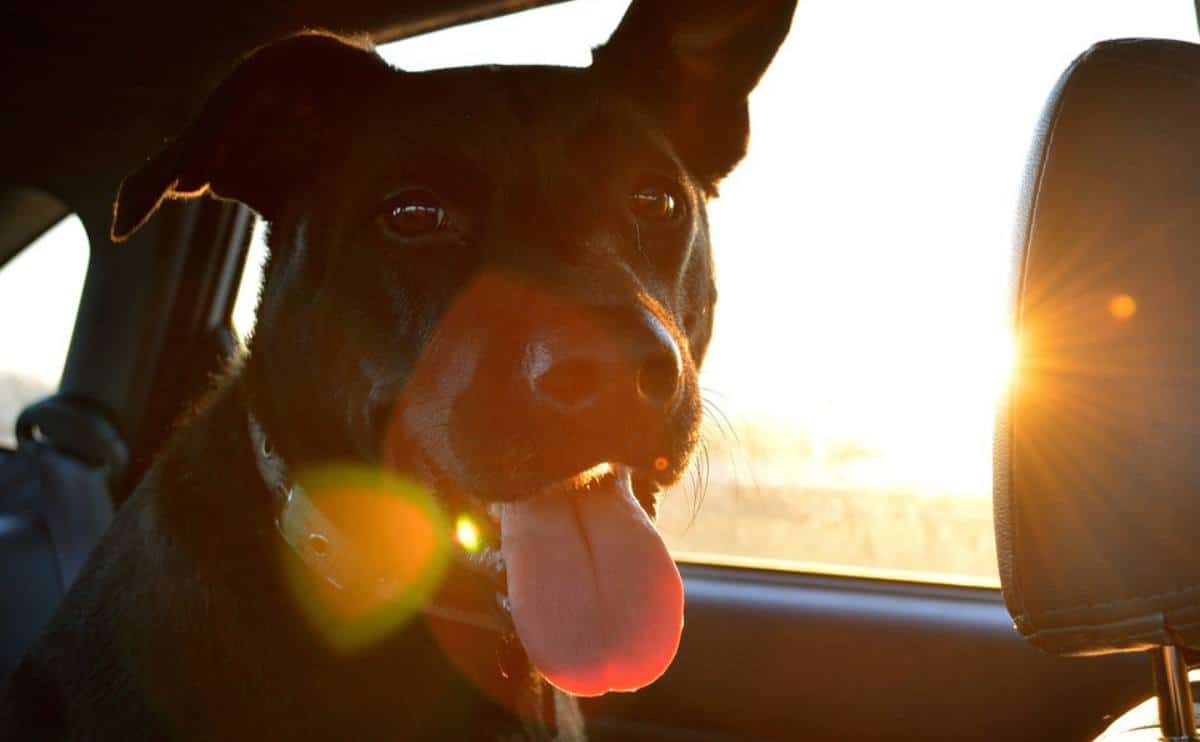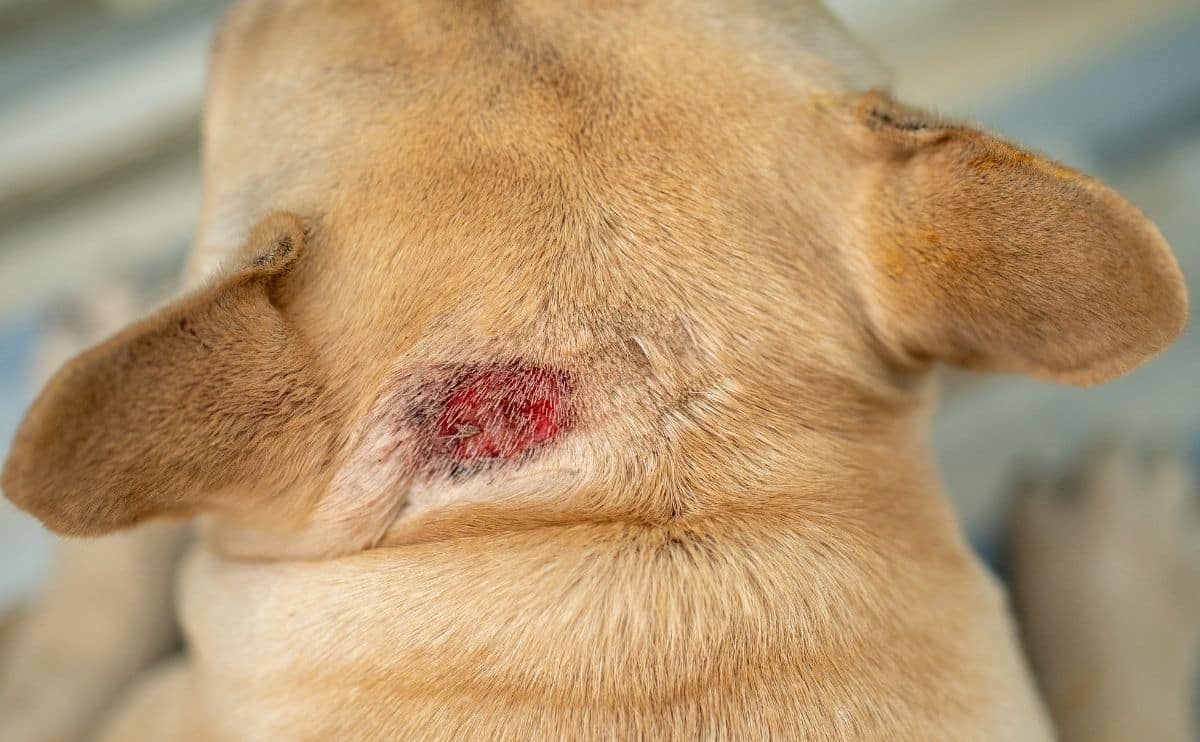Coccidia In Dogs: Symptoms, Treatment & Prevention
When you purchase through links on our site, we may earn a commission. Here’s how it works.
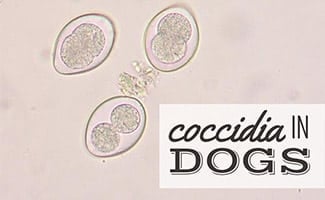
Is your dog having diarrhea and you’re trying to figure out what’s causing it? Coccidia parasite infection could be the reason. How do you know if your dog is infected? And how do you treat and prevent coccidia in dogs? We give you the answers to these questions and more.
Table of Contents
What Is Coccidia?
Coccidia (pronounced kok-sid-ee-uh) are microscopic single-celled parasites that live in the wall of a dog’s intestine. There are multiple species of coccidia, but the one that most commonly infects dogs is Isospora.
At least 4 different genera of coccidia can infect dogs:
- Isospora canis
- I. burrowsi
- I. neorivolta
- I. ohioensis.
An infection with coccidia is called coccidiosis.
Coccidiosis most often occurs in puppies, but adult dogs can also get infected. Like many intestinal parasites, coccidiosis can be especially dangerous for young puppies who have underdeveloped immune systems.
How Do Dogs Get Coccidia?
Infected dogs pass oocysts (immature coccidia) in their feces. Then other dogs contract coccidiosis by swallowing oocysts directly from feces or soil contaminated with feces. Oocysts are very hardy and can survive for up to a year in warm, moist soil.
Symptoms
Coccidiosis in dogs is commonly confused with intestinal worms because the symptoms are so similar. Many healthy adult dogs may show no symptoms. However, puppies and feeble adult dogs can suffer serious symptoms, such as:
- Watery and mucous-like diarrhea
- Bloody diarrhea (in severe cases)
- Dehydration
- Vomiting
- Abdominal pain
- Overall weakness/lethargy
Important:
If you notice any of these symptoms in your dog, no matter his age, you should contact your veterinarian immediately. Symptoms can escalate quickly, and coccidiosis can cause death in severe cases.
Diagnosis & Treatment
Once you contact your vet’s office, they’ll most likely want to do a fecal examination using a microscope to determine the presence of coccidia. After confirming the presence of coccidia, your vet will do a wellness check to make sure your dog isn’t suffering severe symptoms.
If your dog is healthy overall, your vet will send you home with a coccidia medication to kill the parasites. And if your dog is having diarrhea, your vet may also recommend plenty of water and administering unflavored Pedialyte to keep your dog hydrated.
If your dog is experiencing significant distress due to dehydration and weakness, they’ll likely keep him for inpatient treatment to administer fluids and medications.
Two weeks following completion of medication, your vet will request a follow-up fecal test to ensure that the parasite is no longer present.
The most commonly prescribed coccidiosis medications include:
- Albon
- Bactrovet
- Tribrissen
Prevention
There are several measures you can take to help prevent a coccidiosis infection in your dog.
- Keep infected dogs away from other dogs.
- Clean up dog poop immediately. Find the best pooper scooper and poop bags here.
- Avoid areas where there’s a lot of dog feces on the ground.
- If you have to board your dog, make sure the kennel practices proper hygiene and keeps their crates, runs, and yards free of feces.
Preventing Reinfection
If your dog has been diagnosed with coccidiosis, it’s important to rid your home and yard of any traces of coccidia. The challenge is that coccidia are very robust and hard to kill with many regular household cleaners. Here are some tips:
Indoors
- Sterilize bowls and chew toys with boiling water.
- Wash bedding using bleach and detergent on the hot cycle of your washing machine.
- Using a 1:10 solution of ammonia and water or 1:16 solution of bleach and water, clean your dog’s crate and any floors where your dog may have had a potty accident. Leave the solution on for at least 20 minutes before rinsing.
- Steam clean any affected carpet or rug areas.
Outdoors
- Wear gloves and clean up all poop using sealed plastic bags.
- Clean pooper scoopers and yard tools with one of the solutions mentioned above.
- Spray the areas of your yard where the feces were located using one of the above solutions. After 20 to 30 minutes, water these areas to flush out the ammonia or bleach, so your grass isn’t harmed.
Can Humans Get Coccidia?
The most common species of coccidia in dogs, Isospora, doesn’t affect humans. But there are a few less common species that can potentially infect humans. Cryptosporidium, in particular, can spread from dogs and cats to humans, but this is extremely rare.
How To Stop Your Pup From Eating Poop
If your dog is a poop-eating fanatic, check out our article on why dogs eat poop and how you can stop this gross behavior. Curbing this habit can help prevent your dog from catching coccidiosis and other pesky parasites. Learn more about other worms and parasites, so you know the specific symptoms to look for.
